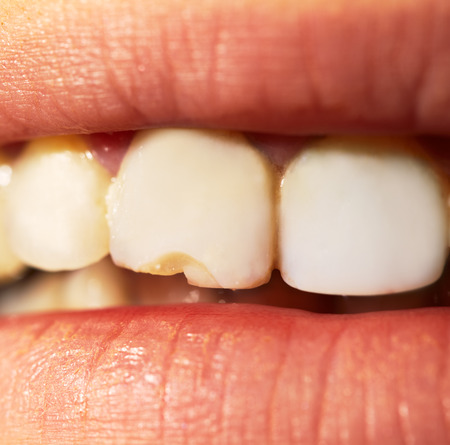Treatment Options for a Fractured Tooth


If it’s feasible to preserve the tooth, the dentist can perform a root canal and give the tooth additional protection and support by placing a crown. It is generally preferable to keep a biological tooth whenever possible.
In some cases, a tooth unfortunately cannot be saved, and a tooth extraction will be recommended.
The tooth extraction then raises another series of choices for treatment. The patient must decide what to do about a replacement tooth.
In some cases, a tooth unfortunately cannot be saved, and a tooth extraction will be recommended.
Generally, the patient may choose between a fixed dental bridge or dental implants to replace a missing tooth. A partial denture may also be an option.
Patients who are in need of a replacement tooth should consider a number of factors. The first is durability. After all, many patients will want to minimize future trips to the dentist to be refitted for the appliance.
Dental implants have significant advantages in this area. Because the bone forms a bond with the titanium implant, the device is a permanent fixture in the jaw and provides a source of stability to the bone. In comparison, the jawbone will atrophy in the presence of a dental bridge or denture because there is no structure that extends into the bone.
Convenience is another important characteristic. Dental implants do well here, too, as their similarities to natural teeth make it easy to care for these appliances. Patients can also continue to enjoy a complete diet with dental implants, while a dental bridge may not be as effective at chewing certain foods.
Deciding on treatment for a fractured tooth can be a difficult choice for a patient. Talk to your dentist to learn more about your options, and give careful consideration to longevity and stability, in addition to appearance, which is always a concern.
Call our experienced dental team at The Dental Place to learn more about your tooth replacement options today.